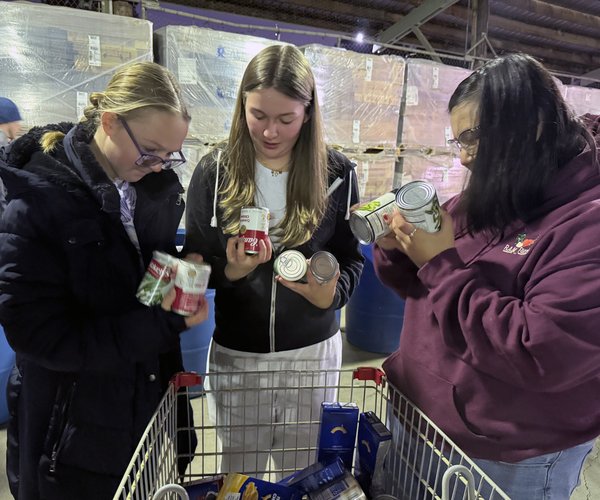The price of eggs is rising once again as the ongoing bird flu epidemic coincides with the holiday baking season.
All I want for Christmas…is a dozen eggs?





